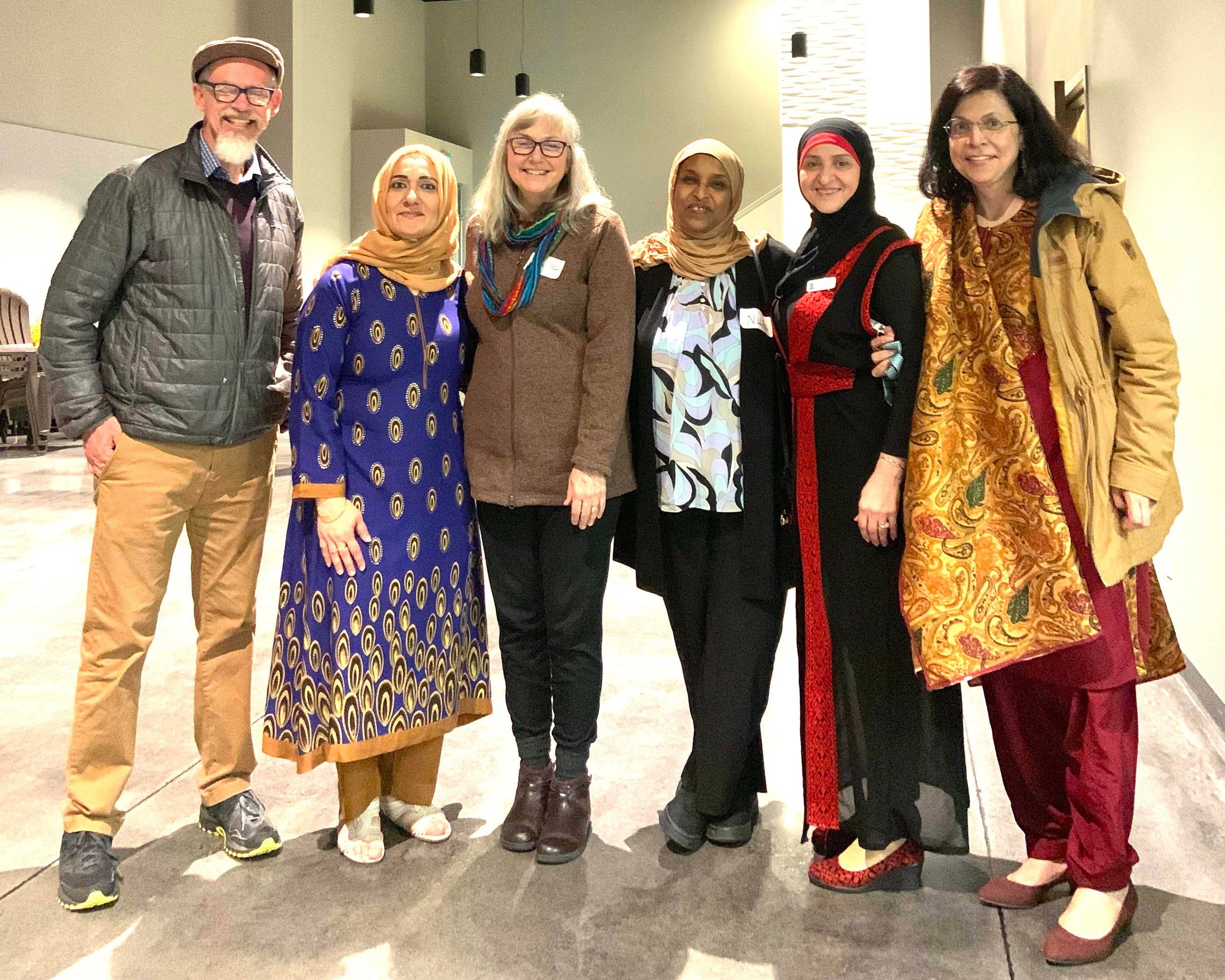Training Peacemakers in One of the Worst Conflict Zones in the World
by Rick Love
I just returned from teaching peacemaking at Bethlehem Bible College, an evangelical, interdenominational school located in the city of Christ’s birth and dedicated to training Palestinian Christians. My students were part of the M.A. program in Peace Studies.
What a challenge, and what a great opportunity! The Israeli-Palestinian conflict has lasted over 60 years and has included eight wars, a series of armed conflicts, and a military occupation of Palestinians.
The complexity and severity of this prolonged conflict kept me humble. So I resolved to do three things:
To teach Jesus’ comprehensive peace plan. I longed to help my students follow Jesus more closely and wage peace more effectively
To learn more about the conflict from both sides (more on this in my next blog)
To ask lots of questions and learn from my students
On the first night of my lectures, Esther Grisnich, a student who works with World Vision in Jerusalem, commented, "Dr. Love, I grew up in the church and know hundreds of Bible verses. But I have never heard peacemaking taught with such clarity."
That was encouraging!
A few days later the class read 1 Thessalonians 5:15: "See that no one repays another evil for evil, but always seek after that which is good for one another and for all people." Amal Nasar, a student who works with Tent of Nations, commented, "It's hard not to repay evil for evil! Israelis destroyed 1500 of our trees in 2014. But we have just kept planting new trees rather than responding with evil."
So humbled by her obedience to Jesus and so grateful to be her teacher!
A few days later, when we started analyzing the history of the conflict, things got tense between two students. Yasmine stood up and with a loud voice said, “You cannot equate the suffering of Israel with the suffering of the Palestinians! Palestinians have suffered much more.” Rana retorted, “All I am saying is Israelis have suffered too, and we must acknowledge it!”
I was thrilled that Rana, as a Palestinian Christian, recognized Israel’s suffering. And I also fully understood Yasmine’s defense of her people.
Later in the week, we heard from another student, Hagob Benian. He described how he learned to love the enemy – his Orthodox Jewish neighbor:
An Orthodox Jewish family wanted to move next door to us in East Jerusalem. This is unheard of in our community, so we were all angry and uncomfortable. One day a couple of the Jewish men came to my door. When I answered the door, the men held out a plate of sweets and said, “Shalom! We are your new neighbors and we would like to live peacefully with you.” I was astounded but accepted the peace offering.
A few days later, my Jewish neighbor approached me and asked if I would help him. He had a minor problem with the electricity at his house. The sabbath had just begun and he didn’t want to break the sabbath by working, so he asked if I would help him. I was nervous about the response of my Palestinian neighbors for helping the “enemy,” but I when I remembered the peace offering, I knew it was the right thing to do. The family was incredibly grateful for my willingness to help them on the sabbath.
Through little acts of kindness a relationship was transformed!
My class learned about Jesus-centered peacemaking. I learned about the challenge of peacemaking in a conflict zone.
During my first visit to the Holy Land in 2009, my good friend Sami Awad, founder and Executive Director of the Holy Land Trust, reminded me of the devastating nature of the conflict. “Rick, even if a peace agreement is reached between Israel and the Palestinians today, the road to reconciliation will be long. It will take a lifetime to bring healing to this wounded, alienated country.”
Training the next generation of peacemakers at Bethlehem Bible College helps these young people work for peace in their spheres of influence. It also prepares the way for future peace in the Holy Land. “Peacemakers who sow in peace reap a harvest of righteousness” (James. 3:18 NIV)













